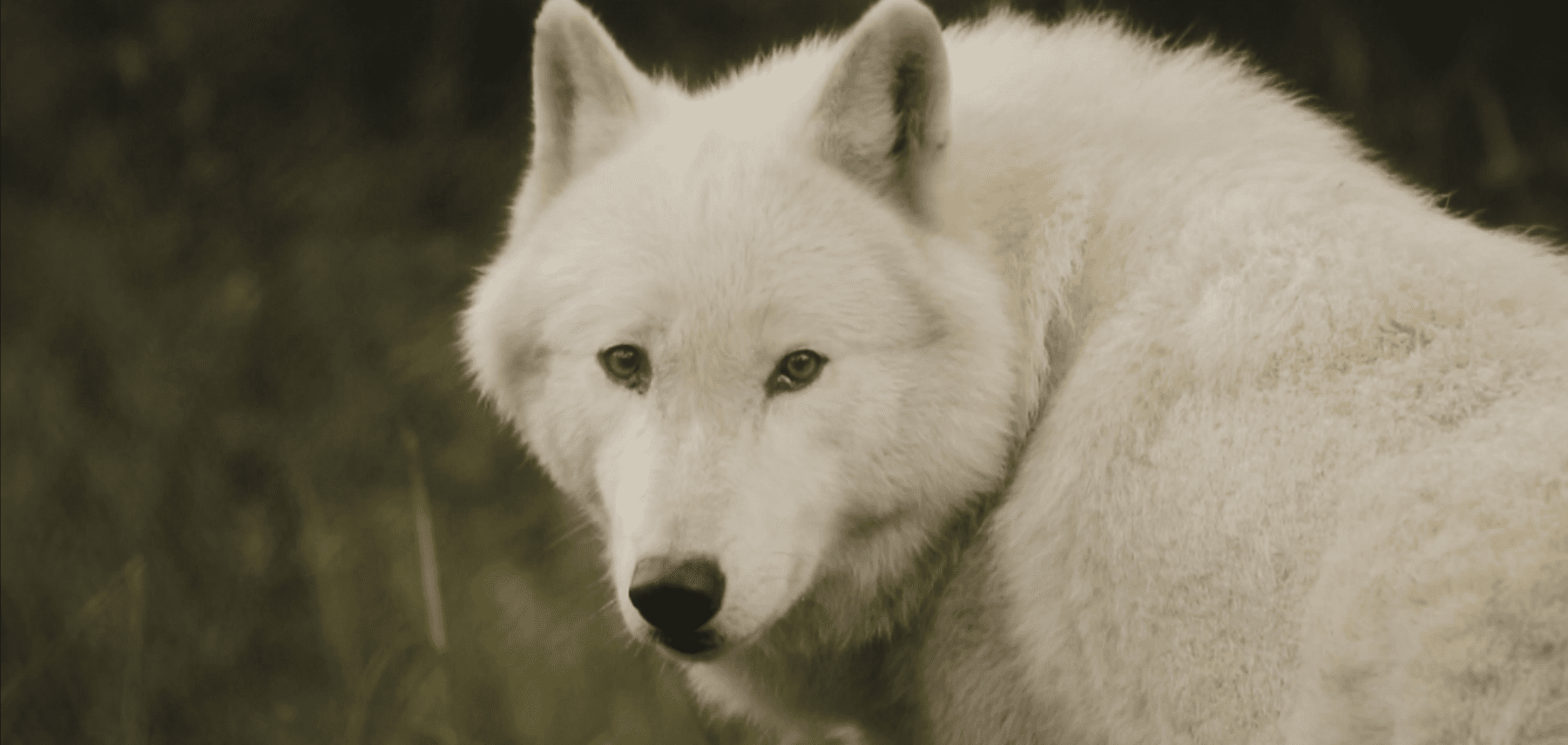In just a few short days, I’ll be spending two to three days in Yellowstone National Park.
We will be tent camping, but I’ve assured my boys that if we get spooked by the sound of wildlife on the horizon—bears, coyotes, whatever—we’ll abandon camp and sleep in the truck. I want to hear the haunting chorus of coyotes as part of the midnight symphony, but it wasn’t until just a couple of weeks ago that someone wondered out loud if we would see wolves.
Wolves. I gasped. I love wolves. I have loved wolves ever since I was a child. What would it be like to see a wolf? What would it be like to hear a pack of wolves in the distance? What if they’re not distant at all? What if they’re nearby?
To prepare for this potential encounter and to understand better the world of the wolf in contemporary Yellowstone and surrounding ranch lands, I watched The Trouble with Wolves, available on Amazon Prime.
The Trouble with Wolves: What to Expect
The Trouble with Wolves is a documentary about the reintroduction of wolves into Yellowstone National Park in the 1990s and what has happened since. Directed by Collin Monda, The Trouble with Wolves shares far more than a happily ever after story of wolves being removed from the endangered species list. Instead, Monda interviews ranchers, rangers, ecologists, wildlife naturalists, wolf enthusiasts, and more to present a wide-angle lens of the effects wolves have had in Yellowstone and the three states around the park.
As the western frontier was settled in the early 1900s, wolves were feared, hated, demonized, and eventually exterminated from the land. It wasn’t until the mid-90s that wolves were brought back to the United States. The agreement between area ranchers and the government was to cap the wolf population at 300.
By 2013, the number of wolves in the area was estimated to be 1,700.
Seventeen hundred wolves have a significant impact on the area’s ecosystem, in both surprising and obvious ways. The Trouble with Wolves presents the challenges ranchers face as they try to cohabitate with one of nature’s most effective predators. But it also showcases the dramatic and restorative changes that can happen when an ecosystem regains the balance it lost by the absence of that predator.
The Trouble With Wolves – Official Trailer
Finding the Love: Faithifying Your Viewing
An initial Bible keyword search for “wolves” turns up only negative similes and warnings to the people. Wolves are associated with vicious, devious, rebellious, fierce leadership. Ravenous for power, wolves deceive and destroy, divide and feast on those they conquer.
“Her officials within her are like wolves tearing their prey; they shed blood and kill people to make unjust gain,” Ezekiel 22:27-28 says. “Her prophets whitewash these deeds for them by false visions and lying divinations. They say, ‘This is what the Sovereign Lord says’—when the Lord has not spoken.”
“Woe to the city of oppressors, rebellious and defiled!” Zephaniah writes of Jerusalem. “She obeys no one, she accepts no correction. She does not trust in the Lord, she does not draw near to her God. Her officials within her are roaring lions; her rulers are evening wolves, who leave nothing for the morning.”
In the New Testament, Jesus warns his disciples, “Watch out for false prophets. They come to you in sheep’s clothing, but inwardly they are ferocious wolves.” He tells the disciples, “I am sending you out like sheep among wolves. Therefore be as shrewd as snakes and as innocent as doves.” And Paul warns the church elders at Ephesus in Acts 20:29-30, “I know that after I leave, savage wolves will come in among you and will not spare the flock. Even from your own number men will arise and distort the truth in order to draw away disciples after them.”
This is our human ecosystem as promised by our scriptures. There will be people who behave like sheep and there will be people who devour like wolves. Take on shrewdness like snakes and innocence like doves. The tension between the powerful and the weak has existed for all of time.
But even in these passages there is an evolution. In the Old Testament, the prophets called out the oppression and rebellion of the leadership. They identified the wolves and named their violence. They would be cast out and dealt with by the Lord, the prophets promised. Their arrogance would be punished by other empires. The Israelite wolves would be driven from their land.
Later, Jesus made different promises about how the people of God ought to engage with wolves. You will face trouble. You will find resistance. Jesus doesn’t tell his disciples to face the wolves as wolves themselves; he urges the disciples to be shrewd (discerning, sharp, astute) and innocent. You will live as sheep among wolves. In the gospels, Jesus doesn’t pray that we would vanquish evil. He prays instead that we will be delivered from the evil one.
How do we live in this tension? How do we do justly, love mercy, and walk humbly, when the wolves are howling in every corner, waiting for their kill?
That is the challenge of choosing to follow Jesus as Lord. The Lord Jesus Christ demonstrates what it looks like to be a sheep among wolves. He shows us how to be shrewd as snakes and innocent as doves.
It isn’t all bad for wolves in the Bible. The prophet Isaiah casts a vision for a different kind of kingdom, ushered in by a different kind of Lord. It is the peaceable kingdom, and for Christians, it is ushered in by Jesus:
“The wolf will live with the lamb,
the leopard will lie down with the goat,
the calf and the lion and the yearling together;
and a little child will lead them.”
This promised time will arrive, and “The wolf and the lamb will feed together, and the lion will eat straw like the ox, and dust will be the serpent’s food. They will neither harm nor destroy on all my holy mountain.”
Jesus preaches, “Repent! For the kingdom of heaven has come near.” He said these words 2,000 years ago, and he speaks them over us today, still. The kingdom of heaven is near. As followers of Jesus, we can inherit the kingdom of heaven. We can usher it in, now, in our communities, in our nation, in our world, and in Yellowstone National Park, where humans are learning to live with the wolves and the lambs.





 Copyright
2025
Root and Vine
Copyright
2025
Root and Vine